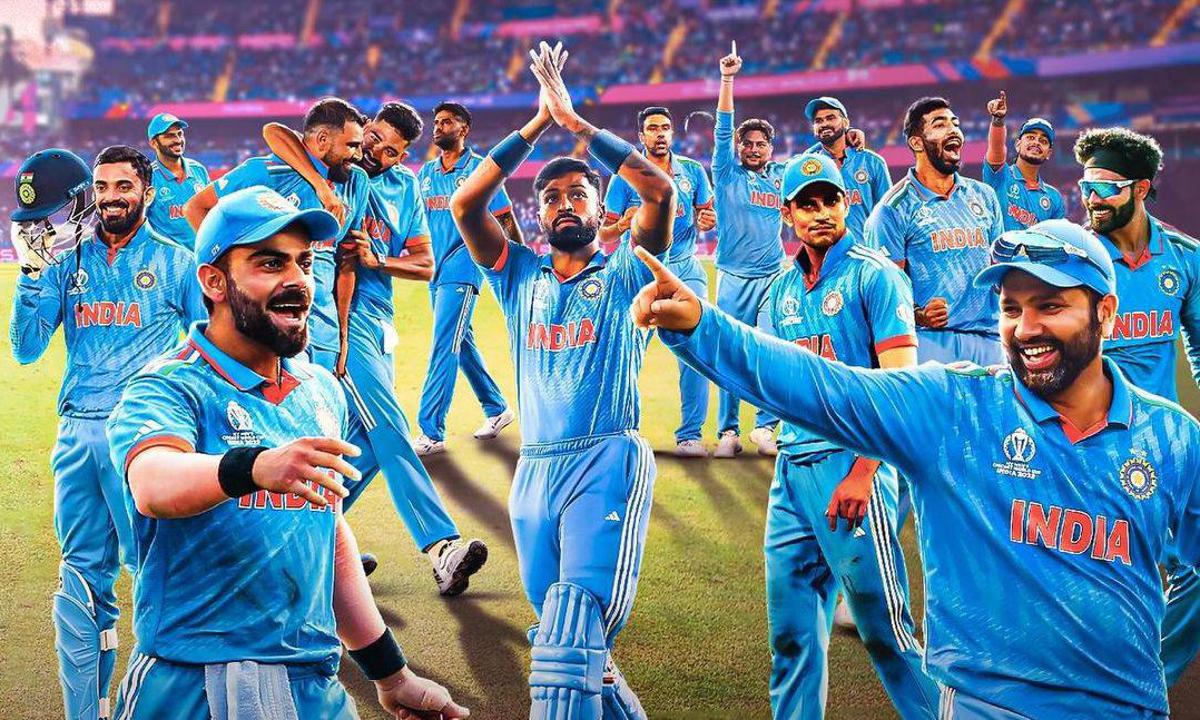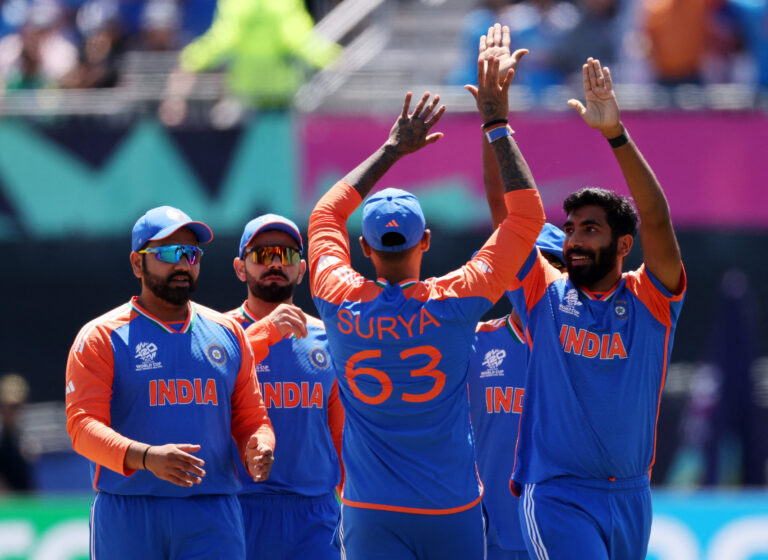The Role of Cricket in Social Change: 99exch, Reddy Anna Book, Allpanel
99exch, Reddy Anna Book, All Panel.com, Allpanel: Cricket’s historical journey intertwines closely with social change, echoing the shifting landscapes of culture and identity. Originating in England in the 16th century, cricket was initially a pastime for the aristocracy before gradually evolving into a game embraced by diverse social classes. The sport’s proliferation across different strata of society helped break down barriers and foster a sense of unity among individuals from varying backgrounds.
As cricket spread geographically, it became a symbol of colonial power and resistance. The British Empire’s propagation of the sport in colonies led to the assimilation of local populations into the game, creating a platform for interaction and exchange. In post-colonial contexts, cricket served as a tool for empowerment and liberation, enabling communities to challenge prevailing social norms and advocate for change. The sport’s evolution mirrored societal transformations, illustrating the potent impact of cricket on shaping attitudes and fostering inclusivity.
Impact of Cricket on Racial Equality
Cricket, often regarded as a colonial sport, played a notable role in breaking down racial barriers in various nations. The sport served as a platform for individuals from different racial backgrounds to come together and compete on an equal footing. Through showcasing talent and skills on the field, cricketers helped challenge racial stereotypes and promote inclusivity in a society where racial discrimination was deeply ingrained.
In countries like South Africa and the West Indies, cricket played a pivotal role in the fight against apartheid and segregation policies. Prominent players like Basil D’Oliveira and Sir Garfield Sobers became symbols of resistance and unity, inspiring generations to push for racial equality both on and off the cricket pitch. The integration of players from diverse backgrounds in national teams not only improved the quality of the game but also contributed towards creating a more inclusive and equal society.
Gender Equality and Cricket
Cricket has traditionally been a male-dominated sport, with limited opportunities for female involvement. However, over the years, there has been a noticeable shift towards promoting gender equality within the cricketing world. The inclusion of women’s cricket in international tournaments and the establishment of professional leagues for female players have been significant steps towards ensuring equal opportunities and recognition for women in the sport.
Despite the progress made in promoting gender equality in cricket, challenges still exist. Issues such as pay parity, media coverage, and access to resources continue to hinder the full participation and development of women in cricket. Efforts are being made to address these disparities, with campaigns and initiatives aimed at empowering female cricketers and breaking down barriers that prevent them from fully realizing their potential in the sport.







